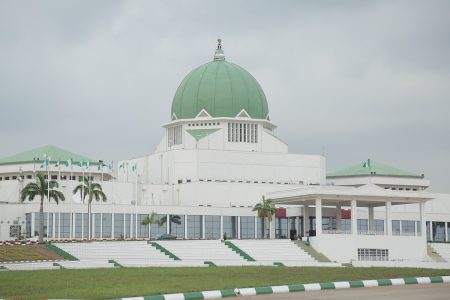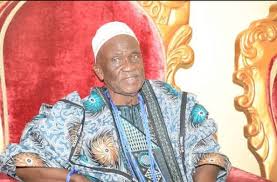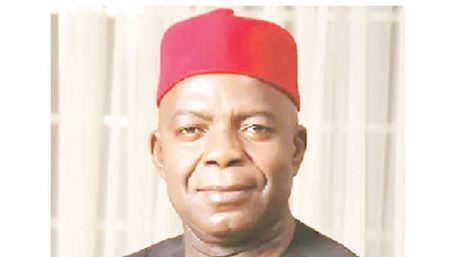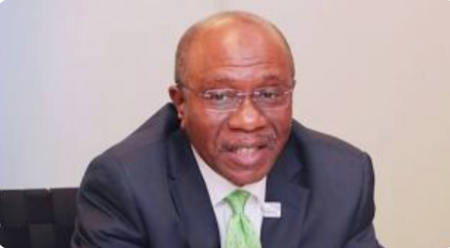President Bola Tinubu of Nigeria has enacted a groundbreaking Executive Order designed to revolutionize the nation’s oil and gas sector. This directive aims to significantly reduce project costs, bolster government revenue, and attract increased investment, ultimately optimizing the value derived from every barrel of oil produced. The Order, titled “Putting Every Barrel to Work: Nigeria’s New Presidential Directive on Cost Efficiency Targets New Investments, Improved Revenues and National Value,” introduces sweeping fiscal reforms that prioritize cost-effectiveness, operational transparency, and maximizing national benefits. It sets a clear course for curbing production expenses while simultaneously offering competitive terms to attract serious investors, signaling a new era of efficiency and fiscal responsibility in Nigeria’s energy sector.
A core element of the Executive Order is the implementation of a cap on tax credits, limiting them to a maximum of 20% of a company’s annual tax liability. This measure seeks to protect public funds while still incentivizing efficient and responsible operations within the upstream sector. The Order also introduces a performance-based tax incentive structure, rewarding upstream operators who demonstrate verifiable cost savings that align with established industry benchmarks. These benchmarks, to be published annually by the Nigerian Upstream Petroleum Regulatory Commission (NUPRC), will be terrain-specific, catering to onshore, shallow water, and deep offshore operations, recognizing the unique challenges and cost structures associated with each environment. The NUPRC will also be responsible for setting annual cost reduction targets for each terrain, taking into account specific operational conditions and production volumes.
The rationale behind the Executive Order stems from the recognition that operating costs in Nigeria’s oil and gas sector have been historically high compared to global averages. This disparity is attributed to factors such as extended project timelines and local content requirements. The President, acknowledging these challenges, has issued policy directives aimed at reducing operating costs, streamlining contracting timelines, and optimizing local content compliance. The Executive Order, effective from April 30, 2025, is a crucial step towards achieving these objectives and reflects the Federal Government’s commitment to efficient resource management and cost reduction in the upstream petroleum sector. This commitment is driven by the overarching goal of enhancing competitiveness, improving efficiency, and maximizing the economic benefits derived from Nigeria’s petroleum resources.
The NUPRC plays a pivotal role in implementing the Executive Order. It is tasked with conducting annual assessments and benchmarking studies to establish appropriate cost benchmarks for upstream operational activities and Unit Operating Costs across the different terrains. These benchmarks will be determined based on guidelines issued by the Commission in accordance with the Petroleum Industry Act. Before issuing these guidelines, the Commission is required to consult with relevant stakeholders and make public the methodology used for the annual benchmarking process. This transparent approach ensures that all parties are informed and can contribute to the development of fair and effective benchmarks. The NUPRC is further mandated to annually review the performance of lessees and licensees, using Unit Operating Costs as the key assessment metric to determine adherence to the established cost reduction targets.
President Tinubu emphasized the importance of attracting investment based on demonstrable value, rather than relying on goodwill. He views the Executive Order as a clear signal to the international community that Nigeria is committed to building an efficient, competitive, and beneficial oil and gas sector for all Nigerians. The President believes that this reform is crucial for securing the nation’s future, creating job opportunities, and ensuring that every barrel of oil contributes to the nation’s prosperity. To guarantee the effective implementation of the Order, the President has assigned his Special Adviser on Energy the responsibility of leading inter-agency coordination. This involves ensuring alignment across key government institutions and translating the policy’s objectives into tangible outcomes.
The Special Adviser on Energy, Mrs. Olu Verheijen, highlighted the strategic nature of the cost reduction efforts. The goal is not simply to cut costs, but to enhance the global competitiveness and fiscal resilience of Nigeria’s upstream sector. This reform is designed to reward efficiency, strengthen investor confidence, and ultimately deliver greater value to the Nigerian people. She reiterated that the Order builds upon the administration’s 2024 presidential reform directives, which have already yielded improvements in fiscal terms, shortened project timelines, and aligned local content policies with international best practices. The Executive Order further strengthens these reforms by linking tax incentives to verifiable cost savings, establishing terrain-specific cost benchmarks, and capping tax credits to protect government revenue while incentivizing operational efficiency. This comprehensive approach is poised to transform Nigeria’s oil and gas sector, making it more attractive to investors while ensuring greater benefits for the nation.














